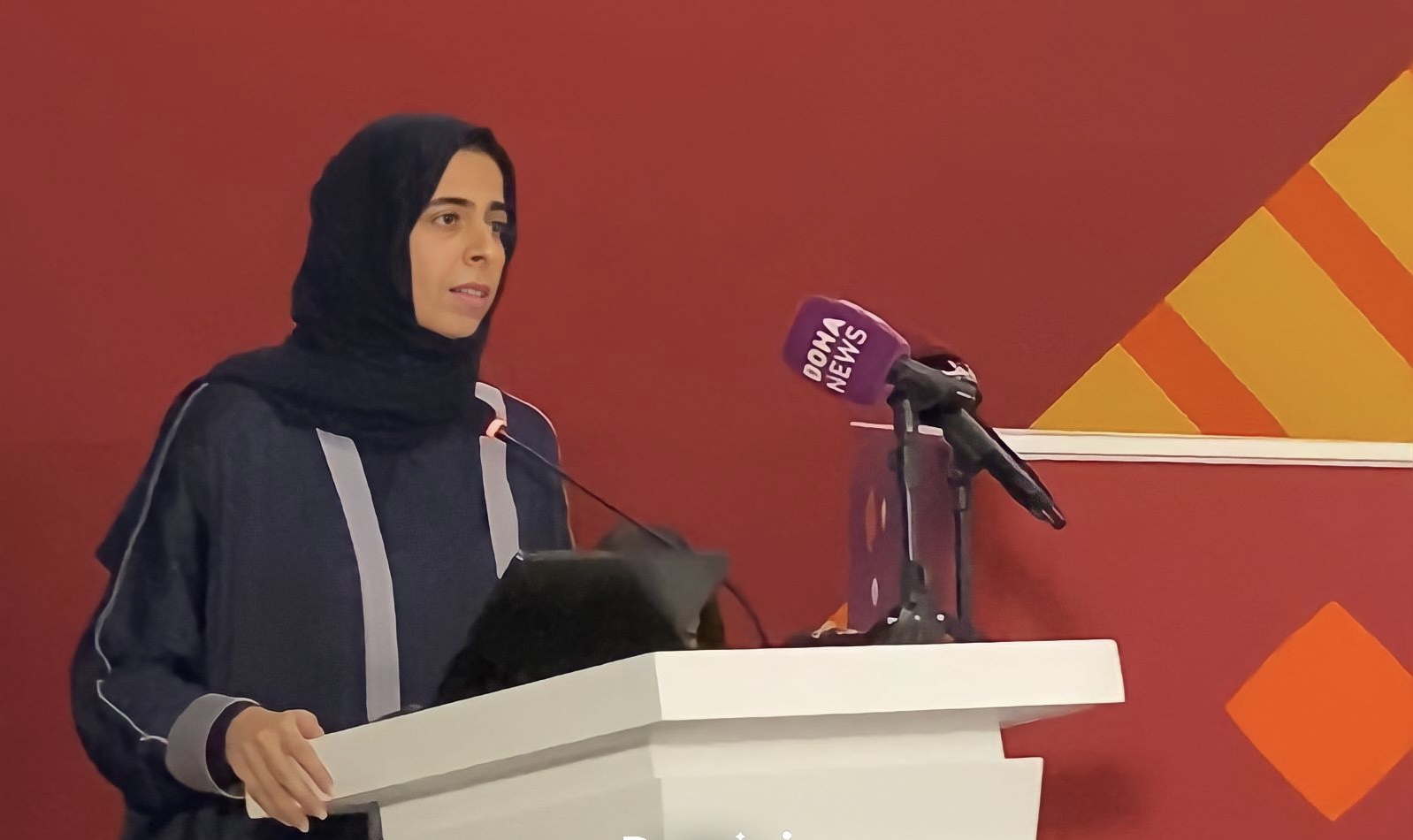Journalist Hisham Zaqqout reported that most medical aid, sent into Gaza, consists of Covid-19 kits, which the healthcare system in Gaza does not need.
The Israeli occupation is not meeting its international obligation to get humanitarian aid into Gaza, Qatar’s Minister of State for International Cooperation Lolwah Al Khater has said.
“According to the Fourth Geneva Convention Article 59, it is the obligation of the occupation power, in this case, it would be the Israeli occupation, to ensure adequate levels of aid supplies and aid schemes,” said Al Khater in an interview with the BCC.
“Unfortunately, this international obligation has not been met by Israel and has yet to be met.”
Israel’s total siege of Gaza since October 9 has deprived the 2.3 million Palestinians of crucial resources such as water, food, fuel, medicine, and medical supplies.
This month, the United Nations humanitarian office, OCHA, reported systematic denial of access by Israeli authorities to northern Gaza, impeding the delivery of aid and severely disrupting humanitarian operations in the enclave.
OCHA said that, during the initial two weeks of January, 29 planned missions by humanitarian agencies to supply critical resources to areas north of Wadi Gaza faced obstacles.
Only 24 percent of these missions were executed fully or partially, marking a substantial surge in denials compared to preceding months, according to OCHA.
There are “many bottlenecks, man-created obstacles” hindering the critical aid delivery process, said Al Khater.
“We are yet to see real pressure being exercised to see more crossings being available, not only for aid. I mean eventually, we should be thinking about reactivating the commercial lines,” she added.
Al Khater went on to point to a significant disparity between supply and demand, citing recent challenges in delivering essential resources to Gaza.
“Only the past few days unfortunately we saw around 30 trucks getting into Gaza eventually after many many many obstacles. And what did those trucks have? Covid testing,” she said.
Gaza’s Ministry of Health said last Sunday that 70 percent of the medical aid that was allowed to enter the besieged Strip “is beyond the scope of our basic needs”.
Journalist Hisham Zaqqout reported that most medical aid, sent into Gaza, consists of Covid-19 kits, which the healthcare system in Gaza does not need.
“So there is a real mismatch between supply and demand. That’s why when we reactivate the commercial lines we will ensure that the mechanism will somehow correct itself by ensuring there is a balance between supply and demand,” Al Khater said during the interview.
This comes against the backdrop of an ICJ ruling on Friday that said Israel must take steps to prevent acts of genocide in Gaza but fell short of ordering the regime to enact a ceasefire or stop its relentless war on Gaza, which has killed more than 26,000 Palestinians since October 7.







